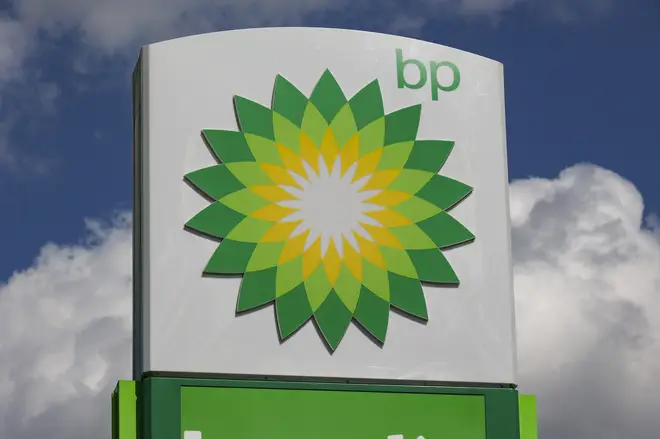
Paul Brand 10am - 12pm
1 November 2022, 16:24 | Updated: 1 November 2022, 17:18

Oil and gas giant BP has revealed its third-quarter profits surged to $8.2bn (£7.1bn) between July and September, more than double compared to the same period last year.
The company's recent surge in profits has been helped by high prices relating to the impact of the war in Ukraine, though this quarter is slightly down on the $8.5bn BP achieved between April to June.
It is more than double the company's profits compared to the same period last year, which stood at $3.3bn.
BP's CEO Bernard Looney said: "This quarter’s results reflect us continuing to perform while transforming. We remain focused on helping to solve the energy trilemma – secure, affordable and lower carbon energy.
"We are providing the oil and gas the world needs today – while at the same time - investing to accelerate the energy transition. Our agreement on Archaea Energy is the most recent step in our strategic transformation of BP."
There have been an increasing number of calls for energy companies to face a bigger windfall tax amid rising profits. Reacting to BP's profit surge, COP26 President Alok Sharma tweeted: "We need to raise more money from a windfall tax on oil and gas companies and actively encourage them to invest in renewables."
In contrast, speaking to LBC's Nick Ferrari on October 5, Foreign Secretary, James Cleverly, argued against a further windfall tax, on the grounds that the money it would make has been overstated
He said "They were talking about global energy profits, most of which are not in the UK and therefore cannot be taxed by the UK."
Read More: Pints costing £7 will become 'the new norm' brewery boss warns blaming Russia and rising costs

A windfall tax is a one-off levy that a government can charge a sector or company that has made profits on something they were not responsible for - a windfall.
Currently in place is Rishi Sunak's Energy Profits Levy which applies to profits made from extracting UK oil and gas.
The windfall tax, which could remain in place until December 2025, is currently charged at 25% with the Treasury expecting to raise £5billion in its first year.
The windfall tax also allows energy companies to apply for tax savings for every £1 invested in fossil fuel extraction in the UK, encouraging them to make investments in the British energy supply.
The tax does not apply to any electricity companies who generate their power from wind or nuclear.